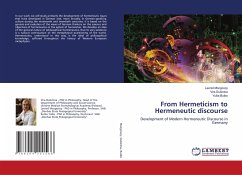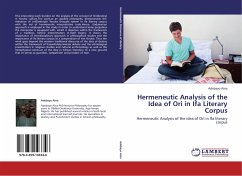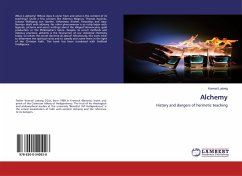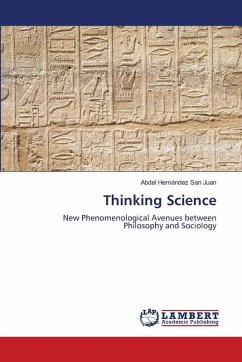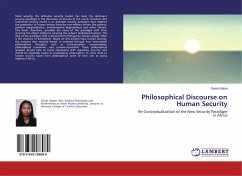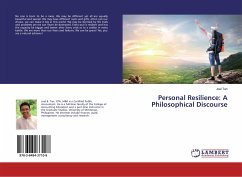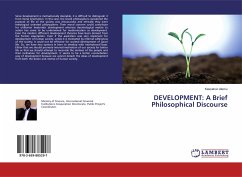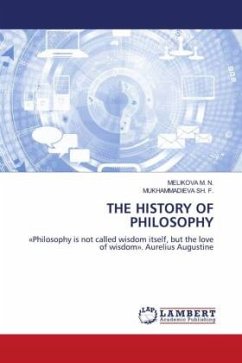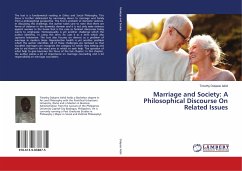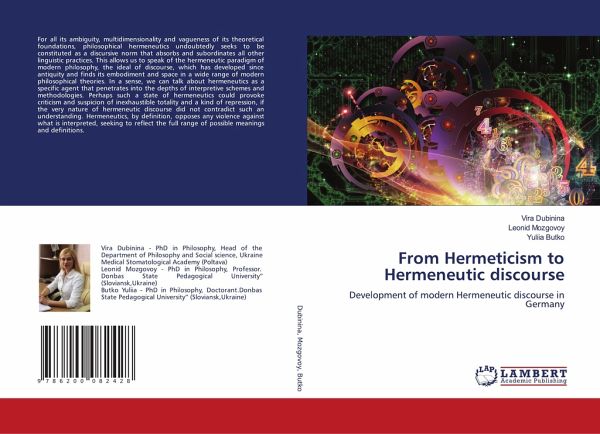
From Hermeticism to Hermeneutic discourse
Development of modern Hermeneutic discourse in Germany
Versandkostenfrei!
Versandfertig in 6-10 Tagen
36,99 €
inkl. MwSt.

PAYBACK Punkte
18 °P sammeln!
For all its ambiguity, multidimensionality and vagueness of its theoretical foundations, philosophical hermeneutics undoubtedly seeks to be constituted as a discursive norm that absorbs and subordinates all other linguistic practices. This allows us to speak of the hermeneutic paradigm of modern philosophy, the ideal of discourse, which has developed since antiquity and finds its embodiment and space in a wide range of modern philosophical theories. In a sense, we can talk about hermeneutics as a specific agent that penetrates into the depths of interpretive schemes and methodologies. Perhaps ...
For all its ambiguity, multidimensionality and vagueness of its theoretical foundations, philosophical hermeneutics undoubtedly seeks to be constituted as a discursive norm that absorbs and subordinates all other linguistic practices. This allows us to speak of the hermeneutic paradigm of modern philosophy, the ideal of discourse, which has developed since antiquity and finds its embodiment and space in a wide range of modern philosophical theories. In a sense, we can talk about hermeneutics as a specific agent that penetrates into the depths of interpretive schemes and methodologies. Perhaps such a state of hermeneutics could provoke criticism and suspicion of inexhaustible totality and a kind of repression, if the very nature of hermeneutic discourse did not contradict such an understanding. Hermeneutics, by definition, opposes any violence against what is interpreted, seeking to reflect the full range of possible meanings and definitions.



